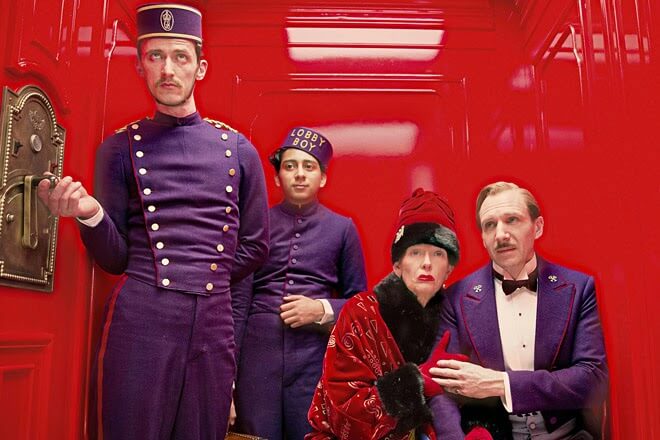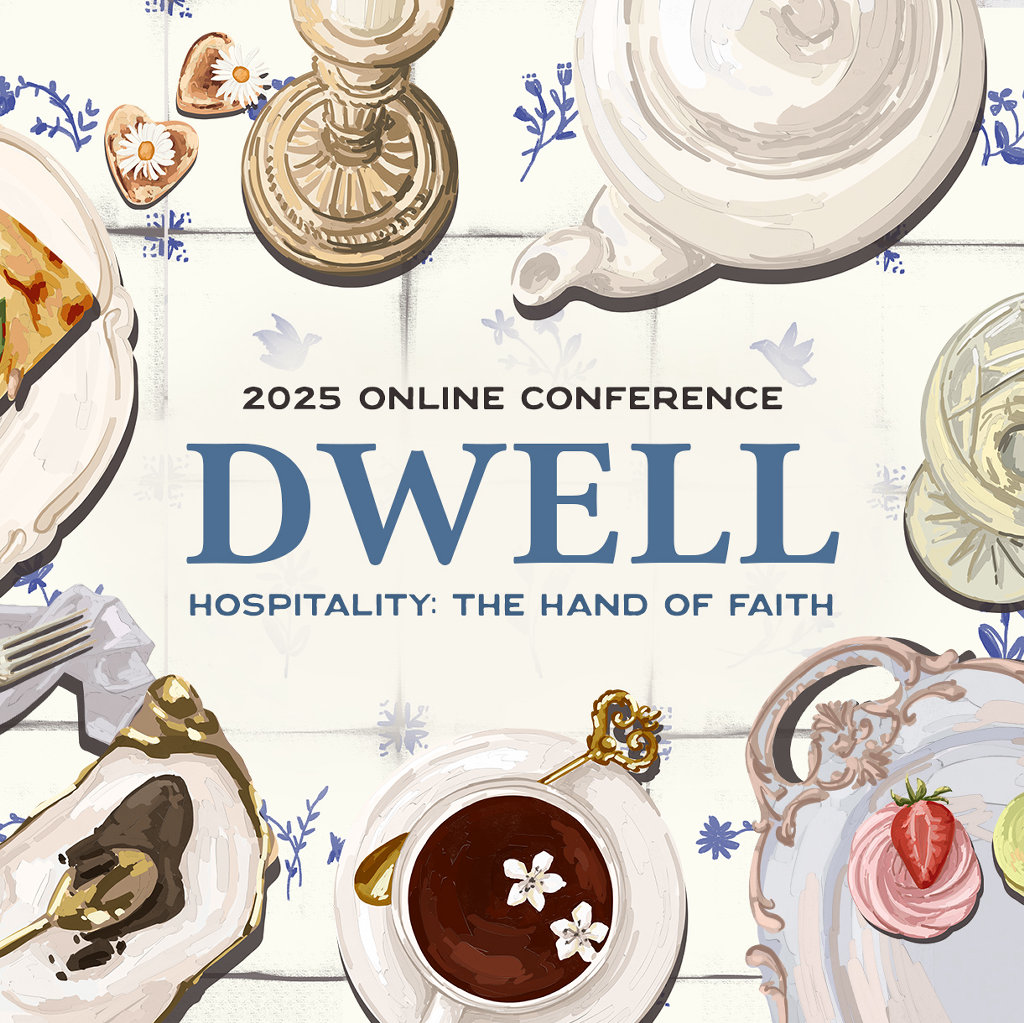4 Elevator Pitches For Classical Education

It is hard to explain classical education swiftly and accurately, though I think it is enough to say one or two true things about it that will intrigue people enough to look deeper. Here are four ways of explaining the gist of classical education, none of which is longer than a hundred words. If you only have a thirty second elevator ride to describe classical education, you need not persuade anyone to do anything other than take a second look at it later with sympathy and intrigue.
1. Walker Percy once said, “You can get all A’s and still flunk life.” A classical education is simply the kind of education you pursue when you believe this statement is true. In American schools, grades have risen steadily over the last twenty-five years, but so have suicide rates and mental illness, and attention spans have become microscopic. Classical educators don’t believe there is any value in grasping good things if they cannot be enjoyed by good men and good women. A classical education is chiefly concerned with virtue, which is the health and goodness of the human soul.
2. Almost nothing lasts. Buildings crumble. Clothes wear out. Cups break. A ceaseless flood of fashionable ideas comes and goes. What was thought progressive and enlightened just ten years ago is thought vulgar and primitive today. Things don’t last. Ideas don’t last. Almost nothing lasts. However, there is a very precious small number of things that do last. Some things don’t fall apart with time— they grow. A classical education is only concerned with bringing those rare things— the things which last—into our souls so that our souls can last, too.
3. It’s hard to like really good things. We thumb through copies of Paradise Lost at Barnes & Noble and think, “I really ought to read this,” but then we buy some recent book which looks more exciting. We scan through the radio and find Beethoven’s 7th on NPR and think, “I wish I liked this, but I don’t,” then listen to Top 40 instead. It’s hard to like good things because they are good and we are not. Good things are an acquired taste, but a classical education helps people acquire a taste for good things.
4. James Baldwin once said, “Children have never been very good at listening to their elders, but they have never failed to imitate them.” Classical educators believe a teacher’s competence is nothing other than his ability to live a life worthy of imitation. Naturally, any teacher whose life is worthy of imitation is, in turn, imitating someone else. Classical educators believe the men and women whose lives are worthy of imitation are not hidden, but easy to find: they are not men of theory who promise the world, but men of experience whose accomplishments have stood the test of time.

Joshua Gibbs
Joshua Gibbs is the director of The Classical Teaching Institute at The Ambrose School. He is the author of Something They Will Not Forget and Love What Lasts. He is the creator of Proverbial and the host of In the Trenches, a podcast for teachers. In addition to lecturing and consulting, he also teaches classic literature through GibbsClassical.com.









1 thought on “4 Elevator Pitches For Classical Education”
Great article! I appreciate the insight and answers to the question, “Why classical.”